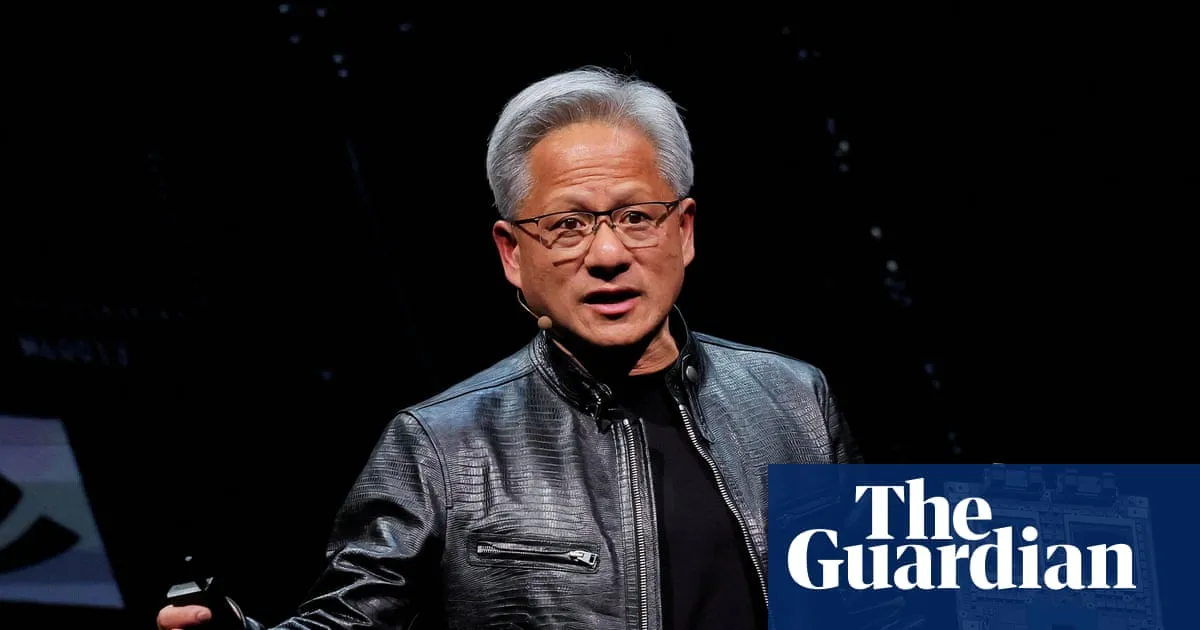
Nvidia is poised to release its second-quarter earnings on Wednesday, marking a crucial test of investor sentiment following a significant selloff of AI stocks last week. As the leading chipmaker in the AI sector, all eyes will be on Nvidia's latest financial results, which are expected to set the tone for the broader AI industry after a tumultuous week.
Last week, numerous tech stocks experienced a sharp decline in share prices, raising concerns about the valuation of AI-driven companies. A report from MIT highlighted that a staggering 95% of AI pilots fail to generate increased revenues for businesses. Adding to these concerns were comments from OpenAI CEO Sam Altman, who suggested that investors might be overhyping certain companies within the AI landscape.
Nvidia, which made headlines as the first company to achieve a $4 trillion market cap in July, saw its shares tumble by 3.5% early last week—its most significant drop in months. However, by early Wednesday, stocks showed signs of modest recovery as anticipation built around the company’s pivotal earnings report.
Despite the recent volatility, several analysts maintain a bullish stance on the ongoing AI revolution. Major tech companies, including Meta, Microsoft, Amazon, and Alphabet, continue to invest heavily in AI infrastructure, fueling optimism about future growth. Dan Ives, an analyst at Wedbush Securities, remarked, “We are still in the early days of the AI revolution as the use cases are just starting to massively expand.” He emphasized that the value creation from prominent tech companies like Nvidia is becoming increasingly recognized.
Wall Street analysts anticipate that Nvidia will report earnings of $1.01 per share on revenues of $46.05 billion, according to data from FactSet. However, the company is expected to face challenges due to restrictions on chip sales to China, which could impact its bottom line. Earlier this year, these restrictions, initiated by the Trump administration, resulted in a $4.5 billion hit to Nvidia's finances during its fiscal first quarter.
In August, Nvidia reached an agreement with the U.S. government to provide a 15% cut of its H20 chips sold to China in exchange for export licenses. Meanwhile, China has expressed security concerns regarding these chips and is stepping up efforts to produce its own domestic alternatives. Industry experts predict that these restrictions will have a measurable impact on Nvidia's earnings.
Although Nvidia’s CEO, Jensen Huang, initially projected an $8 billion loss in the second quarter due to the ban on chip sales to China, this forecast was made before the recent deal with the U.S. government. Analysts remain cautiously optimistic about Nvidia’s performance, but they are also wary of how the various external factors will affect the company's growth trajectory moving forward.